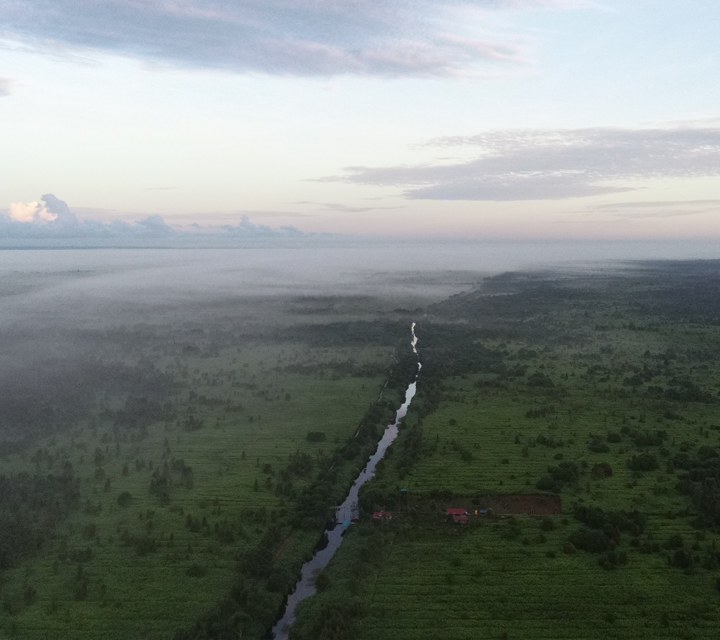Restoration of degraded forests is a key element in Katingan Mentaya ecosystem restoration project.
Restoring damaged peat swamp forests – whether severe damages or minor degradation - is a key element in ecosystem restoration. In severe cases, replanting must be done, while natural regeneration is induced in areas with less damages. Rimba Makmur Utama through Katingan Mentaya Project has been actively restoring vegetations in severely damaged ecosystems within the project area , covering approximately 9,299 hectares of land. Every year KMP replants native trees on an average of 200 hectares of land.
%20(1).jpg)
%20(1).jpg)
.jpg)
.jpg)
Until mid 2022, 1,005.33 hectares of land within Katingan Mentaya Project area has been restored, 215,523 tree seedlings planted, and natural regeneration induced in 62,904.81 hectares of lands with minor damages. Replanted trees are all native to the area, comprising timber, non-timber forest products and animal feeds. To support the restoration process, RMU had set up a tree nursery with a capacity of 80,000 seedlings per year. Assisted/ accelerated natural regeneration (ANR) is practiced in areas with less severe damages, by providing adequate space for natural regrowth. RMU also partners with local communities to grow tree seedlings by establishing village nurseries as a community empowerment program. Through this program, the local communities are engaged in managing sustainable forestry.
Buy carbon credits from Katingan
Climate change is a global challenge that requires global action. We can help you meet your commitments to deliver a brighter future.



